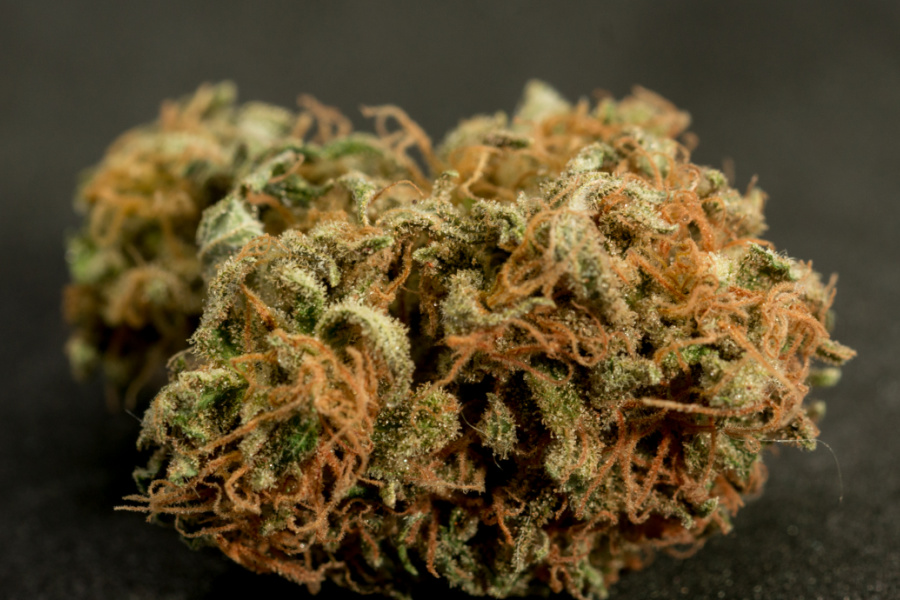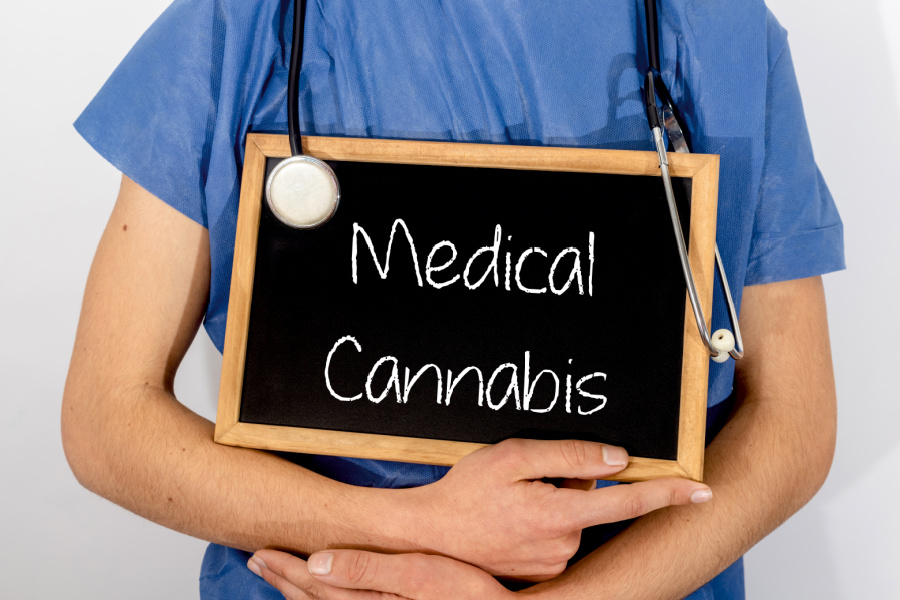
Because cannabis (Cannabis sativa) is often associated with relaxation, some people wonder if it might help with ADHD symptoms like inattention or impulsivity.
Current research on cannabis for ADHD is limited and shows mixed results. While some report short-term relief, there are notable risks, including the potential for developing a substance use disorder. Combining cannabis with ADHD medications can also lead to unwanted side effects.
Here’s a closer look at what is known about cannabis and its effects on people with ADHD.

Because cannabis (Cannabis sativa) is often linked to relaxation, many people wonder whether it could help manage ADHD symptoms such as difficulty focusing or impulsive behavior.
Research on cannabis for ADHD is limited and shows mixed results. While some individuals report short-term relief, there are significant risks, including the potential for developing a substance use disorder. Combining cannabis with ADHD medications may also produce unwanted side effects.
Cannabis contains two main components that affect the brain differently:
When cannabis is consumed, both THC and CBD are absorbed, producing combined effects that vary depending on the strain, dosage, and individual brain chemistry.
Attention Deficit Hyperactivity Disorder (ADHD) is a common neurodevelopmental condition affecting approximately 11% of school-aged children and 4.4% of adults. It is characterized by challenges with attention, impulsivity, and, in some cases, hyperactivity.
Understanding how cannabis interacts with ADHD is still an evolving area of research, and anyone considering its use should weigh potential benefits against the risks.
Research on cannabis for ADHD is limited, partly because federal restrictions classify it as a Schedule 1 drug, making studies difficult. The existing evidence provides mixed results:
Overall, more research is needed to determine whether cannabis has any reliable benefits for ADHD. Currently, most medical cannabis programs do not list ADHD as a qualifying condition.
There isn’t enough research to know whether cannabis can help with ADHD, including microdosing—taking very small amounts to manage symptoms without feeling “high.” If you’re considering this approach, discuss it with your healthcare provider first.
Although ADHD is frequently diagnosed in childhood, cannabis is generally not recommended for young people. Research shows that using marijuana during adolescence can alter brain structure and function, potentially leading to long-term behavioral and psychological issues.
Even in states with recreational cannabis laws, those under 21 cannot legally buy or use marijuana. Medical cannabis programs for children are very limited, and ADHD is not listed as a qualifying condition.
Research on how cannabis interacts with ADHD medications like Adderall (dextroamphetamine-amphetamine) and Ritalin (methylphenidate) is limited. One small 2015 study of adults without ADHD found that combining Ritalin with THC significantly increased heart rate compared to taking Ritalin alone.
If you take ADHD medications, it’s essential to be honest with your healthcare provider about any cannabis use.
Where cannabis is legal, products are better regulated, allowing you to know what’s in them and how much is safe to use—information you won’t get from unregulated sources. Your healthcare provider can help you weigh the potential benefits and risks of combining cannabis with ADHD medications.

Many people believe that different cannabis strains produce different effects. Strains are simply varieties of the cannabis plant, and common marketing often highlights:
In reality, the effects of cannabis are mainly determined by THC and CBD levels, which affect the brain and body differently. While pure Indica strains are often assumed to have higher CBD content for more calming effects, research shows these distinctions are not always reliable due to extensive crossbreeding.
CBD products, including oils, are marketed as providing the benefits of cannabis without the “high.” Evidence on their effectiveness for ADHD is limited and inconsistent. Some studies suggest short-term benefits, but long-term use may impact cognitive performance and daily functioning.
If you’re considering cannabis or CBD for ADHD, consult your healthcare provider to discuss potential benefits and risks.
Around 30% of cannabis users may develop a substance use disorder, which happens when use starts to negatively impact daily life and functioning.
Research indicates that CBD alone, without THC, is not addictive. If you’re worried about dependency, opting for a CBD-only product rather than one containing both CBD and THC may reduce that risk.
Marijuana carries both short- and long-term risks, including:
Purchasing from an unregulated source adds extra risk, as products may contain unknown substances with their own health dangers.
If cannabis is affecting your daily life, it may be a sign to seek help. Keep in mind that even in states with recreational cannabis programs, it remains illegal for anyone under 21 years old.

Medical cannabis is legally available in the UK for certain conditions, including ADHD, but access is highly regulated and typically provided through private clinics rather than the NHS. It is considered when conventional treatments for ADHD have been ineffective or unsuitable. It may help alleviate symptoms such as hyperactivity, impulsivity, and inattention. However, its use for ADHD is not officially endorsed by NHS guidelines and remains an off-label treatment option.
To qualify for a medical cannabis prescription for ADHD in the UK, patients generally need to meet the following criteria:
Several private clinics in the UK offer medical cannabis prescriptions for ADHD, including:
These clinics typically offer consultations without the need for a GP referral, but they require detailed medical history and documentation of previous treatments.
If you are considering medical cannabis as a treatment for ADHD:
Medical cannabis is a personalized treatment and may not be suitable for everyone. A thorough evaluation by a qualified specialist is essential to determine its appropriateness for your specific situation.

